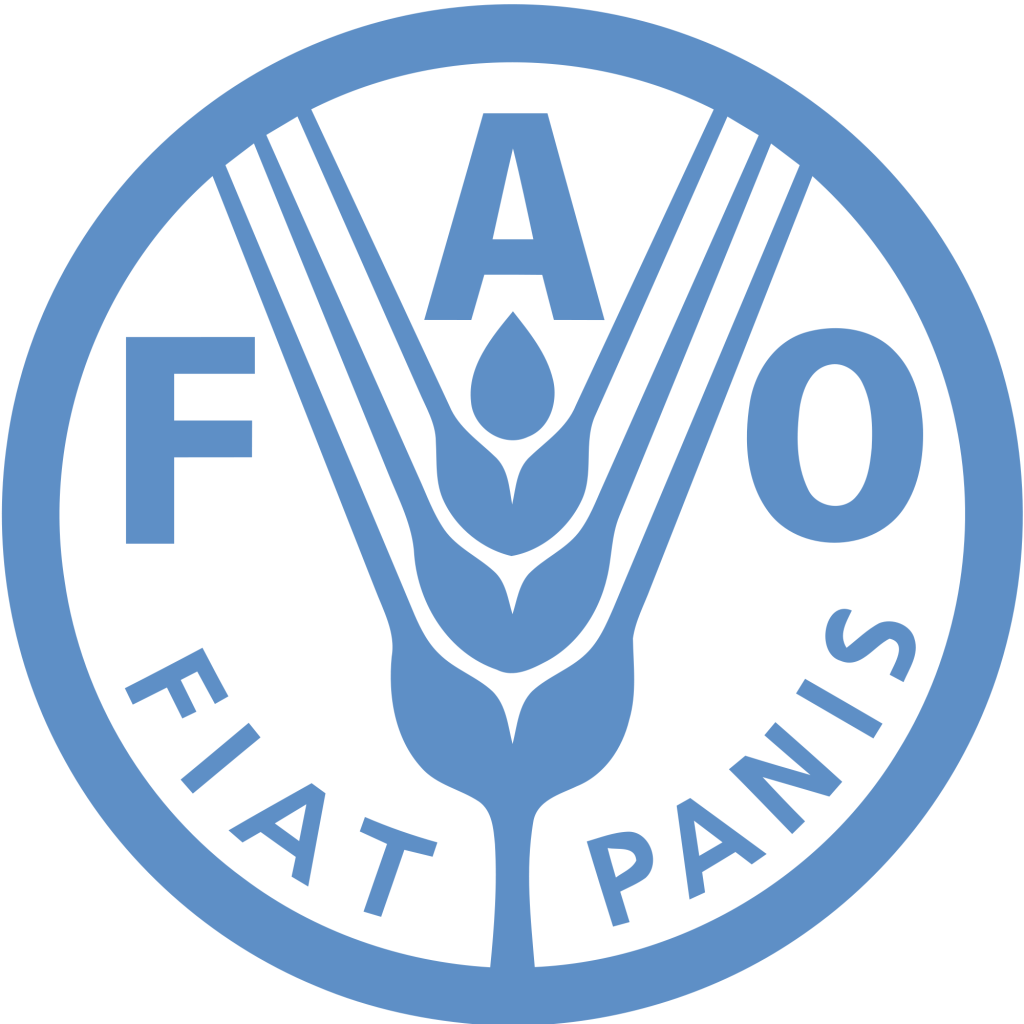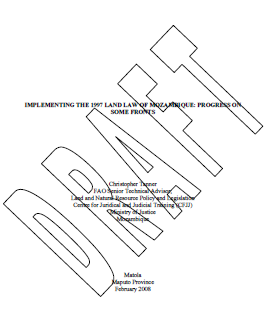Location
The Regional Office for Africa advocates for strong regional partnerships and timely Country Office support.
The substantive technical work of the Regional Office focuses on co-ordinating normative work and its policy dimensions and leadership of the regional dimension of the Organization’s technical networks.
Three main areas characterize the African regional dimension: priority setting and strategic planning, partnership development, and resource mobilization.
The major actions of the Office in Africa put a particular emphasis on:
- Country Offices are the key to FAO's success
- Stronger, more demand-driven multi-disciplinary technical teams
- Intensified regional administrative and operational support and Country Office oversight
- Full capitalization of the potential for extra-budgetary funding
- Focused policy dialogue
- Strengthened support to Pan-African institutions
The Office works at greater focus on high level dialogue and policy formulation in partnership with regional organizations, as well as greater support to the other decentralized offices through closer oversight and support. With its skill-mix technical teams, it makes a point in focusing on country level activities by the multi-disciplinary teams as well as stronger, specific partnerships with the Regional Economic Communities.
Members:
Resources
Displaying 76 - 80 of 107Implemetating the 1997 Land Law of Mozambique
this short paper will discuss where things currently stand with the implamentation of the innovative and widely regarded 1997 land law of Mozambique. A recent assessment begens with the upbeat conclusion that significant progress has been made. A decade after its approval by the assembly there are howver many voices calling for a changes. Mozambique is apparantly a very diferent place compared with a vary diferent place compared with the mid 1990s and according to same, now requires a diferrent kind of land law.
SUSTAINABLE RURAL DEVELOPMENT AND FOOD SECURITY: THE ROLE OF MOUNTAIN DEVELOPMENT IN AFRICA
Meeting Name: Regional Conference for Africa (ARC) (22nd Session)
Meeting symbol/code: ARC 02 INF/7
SUSTAINABLE RURAL DEVELOPMENT AND FOOD SECURITY: THE ROLE OF MOUNTAIN DEVELOPMENT IN AFRICA
Meeting Name: Regional Conference for Africa (ARC) (22nd Session)
Meeting symbol/code: ARC 02 INF/7
SUSTAINABLE RURAL DEVELOPMENT AND FOOD SECURITY: THE ROLE OF MOUNTAIN DEVELOPMENT IN AFRICA
Meeting Name: Regional Conference for Africa (ARC) (22nd Session)
Meeting symbol/code: ARC 02 INF/7
Land rights and enclosures: implementing the Mozambican land law in practice
Post-war Mozambique confronted the challenge of reforming land policy and legislation
with an innovative land law that protects customary rights while promoting investment
and development. Most rural households have customarily acquired land rights, now
legally equivalent to an official State land use right. When necessary, they can be proven
by analysing local land management and production systems, resulting in large areas



